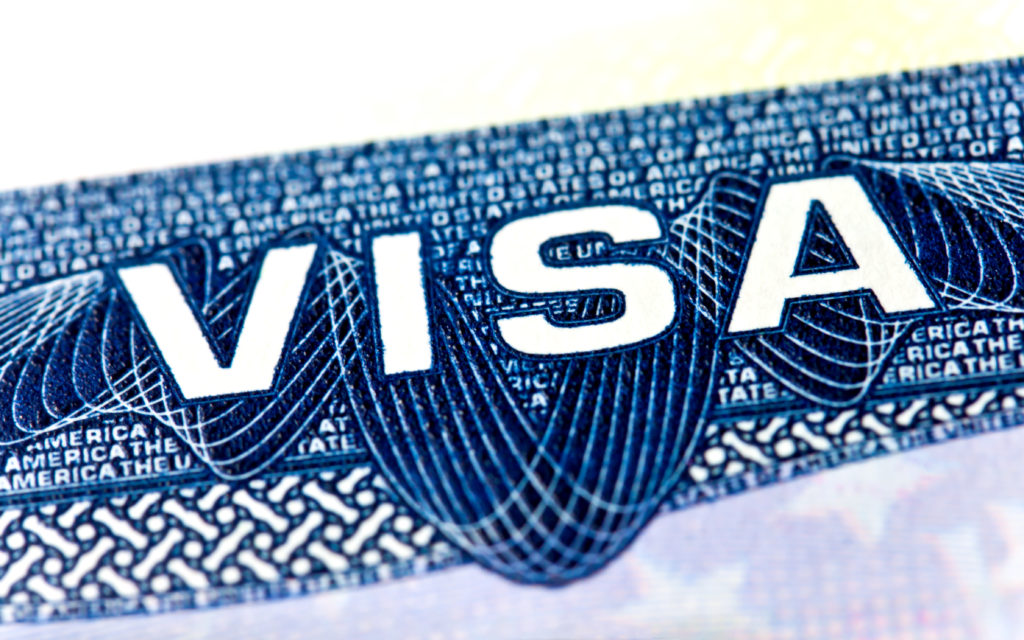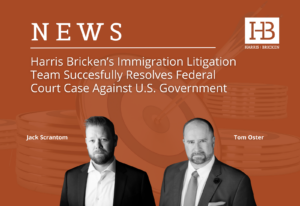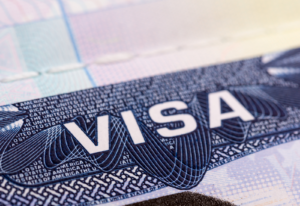U.S. Immigrant Investor visa category or “EB-5”
Our United States immigration lawyers are seeing increased interest in Investment-based visas and that should come as no surprise.
Interest in US business and investment based immigration continues to grow, including the U.S. Immigrant Investor visa category or “EB-5” (at 8 U.S.C. 1153(b)(5)). The reason for this is twofold. The first is that the EB-5 Reform and Integrity Act (the “RIA”) of 2022 has increased investor confidence in the program. The second is that geopolitical tensions, the global economy, and issues in certain nations have created an environment in which more people are interested in exploring their options for permanent residence elsewhere.
Though this post focuses on recent developments creating renewed interest in EB-5 investment-based visas, most of the reasons for this increased interest holds true for all U.S. investment-based visa categories, including the E-2 Treaty Investor visa and L-1 intracompany transferee visas. A post describing the differences between the EB-5 and E-2 programs can be found here.
Renewed Interest
The global mobility marketplace is always influenced by both geopolitical and national stability. When times are good, interest in options to obtain permanent residence visas in the West tends to slow. Conversely, when times are tough, interest in them tends to increase. As immigration lawyers, we see interest ebb and flow with the state of the world generally and the state of affairs in certain nations specifically.
Unsurprisingly, the current state of the world is leading to considerable uncertainty for many around the globe. Massive protests surrounding Brazil’s recent election, Covid-19 policies in China, and the treatment of women in Iran on top of Russia’s invasion of the Ukraine, and various more localized disputes and issues have left many feeling now is the time to consider alternative residence. Similarly, decades-high global inflation rates and lingering Covid-related supply chain issues around the world, have led many to question whether riding out a possible global recession in their country of residence is the best option. These noteworthy examples are far from the only situations contributing to many people believing that the world is entering an increasingly unstable future.
New EB-5 Regulations
Among the many positive changes to the EB-5 regulations in the RIA are that foreign nationals of countries formerly subject to the visa quota backlogs now have options to invest in certain types of projects that have visa carve-outs with new quotas. Historically, foreign nationals from India and China (the two largest markets for EB-5 in the world) have had quota-related wait times of anywhere from 3 to 8 years before their EB-5 petitions are adjudicated. Now, the RIA has carved out visa allotments for foreign nationals who invest in infrastructure projects, rural projects, and high unemployment area projects without having to wait in line.
In addition, the RIA significantly increased investor protection measures. The lion’s share of the responsibility for demonstrating compliance with the RIA has been rightfully put on Regional Centers: statutorily created EB-5 investment project offerors. The new compliance and reporting obligations contained in the RIA were enacted into law to combat the EB-5 program’s rather well known and embittered history of investor fraud. In fact, for the past few years we have reviewed more cases brought to us by EB-5 investors looking to sue project offerors than we did for new EB-5 immigrant investor visa petitions.
Final Thoughts
The world is becoming increasingly volatile and uncertain. Fortunately, there are many options for people interested in using a business or an investment as a basis for U.S. immigration. For those interested in EB-5 investments, the RIA (EB-5 Reform and Integrity Act) arrived just in time to reinvigorate investor confidence when the state of the world is such that the interest in investment-based visa options is increasing.

























